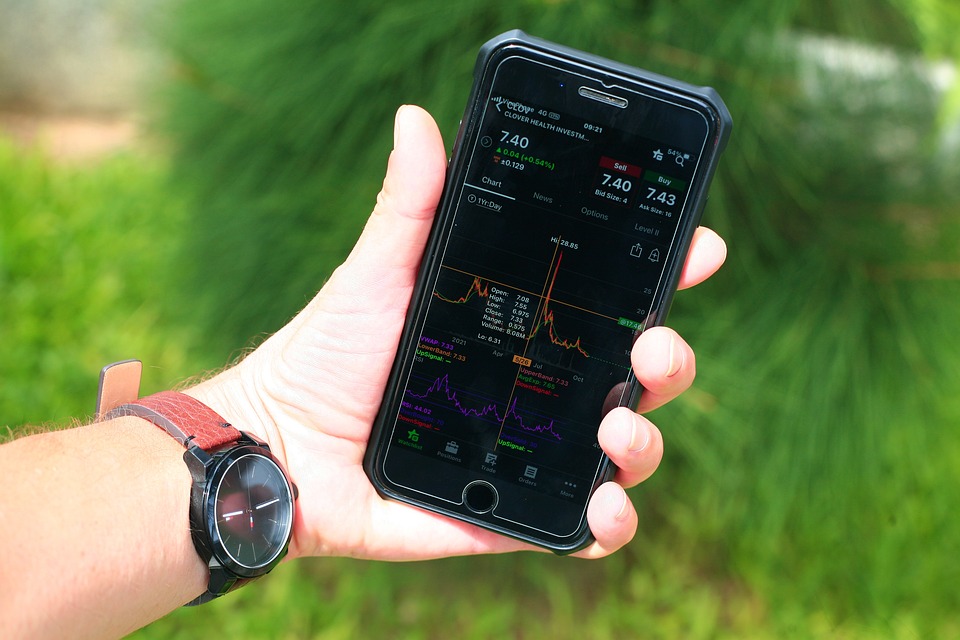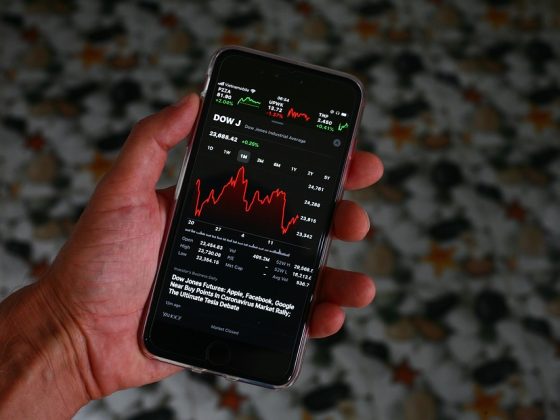Blockchain technology has been making waves across industries, revolutionizing the way transactions are conducted and information is stored and accessed. Originally developed for use in cryptocurrency, blockchain technology has now expanded its reach into various sectors from finance to healthcare, and beyond.
Blockchain is essentially a digital ledger of transactions that is decentralized and distributed across a network of computers. Each transaction is recorded in a “block” and added to a chain of existing blocks, creating a secure and transparent record of all transactions. This technology has the potential to streamline processes, enhance security, and improve efficiency in various industries.
Finance has been one of the first industries to adopt blockchain technology, especially with the rise of cryptocurrencies like Bitcoin and Ethereum. Blockchain enables secure and transparent transactions without the need for intermediaries like banks. This has the potential to reduce transaction costs and speed up the processing of payments. Additionally, blockchain can help combat fraud and money laundering by providing a secure and permanent record of transactions.
In healthcare, blockchain technology is being used to securely store and share patient data. Electronic health records are often stored on centralized servers, making them vulnerable to hacking and data breaches. By using blockchain technology, patient data can be stored on a decentralized network, making it more secure and private. This can help improve patient outcomes by allowing healthcare providers to access accurate and up-to-date information in real-time.
In the supply chain industry, blockchain technology is being used to track the movement of goods from manufacturer to consumer. This can help improve transparency and traceability in the supply chain, as all transactions are recorded on the blockchain. This can help reduce fraud, theft, and counterfeiting, as well as improve the efficiency of supply chain operations.
Blockchain technology is also being used in the real estate industry to streamline the process of buying and selling properties. By using blockchain, property transactions can be completed more quickly and securely, as all relevant information is stored on a secure and tamper-proof ledger. This can help reduce the risk of fraud and errors in real estate transactions.
In the energy sector, blockchain technology is being used to facilitate peer-to-peer energy trading. By using blockchain, energy producers can sell excess energy directly to consumers without the need for intermediaries. This can help reduce energy costs and promote the use of renewable energy sources.
Blockchain technology is also being used in the entertainment industry to improve royalty payments for artists and creators. By using blockchain, artists can receive direct payments for their work without the need for intermediaries like record labels or streaming platforms. This can help ensure that artists receive fair compensation for their work and protect their intellectual property rights.
As blockchain technology continues to evolve, it has the potential to transform even more industries, from healthcare to logistics to entertainment. With its secure and transparent record-keeping capabilities, blockchain has the potential to revolutionize the way transactions are conducted and information is exchanged.
FAQs:
1. What is blockchain technology?
Blockchain technology is a decentralized and distributed ledger of transactions that is secured using cryptography. Each transaction is recorded in a “block” and added to a chain of existing blocks, creating a secure and transparent record of all transactions.
2. How does blockchain technology work?
Blockchain technology works by storing transaction data in blocks that are linked together in a chain. The data is encrypted and stored on a network of computers, making it secure and transparent. Transactions are verified by network participants, known as miners, who use complex algorithms to validate transactions.
3. What are the benefits of blockchain technology?
Some of the benefits of blockchain technology include increased security, transparency, and efficiency in transactions. Blockchain technology can help reduce fraud, speed up the processing of payments, and improve the tracking of goods and services.
4. Is blockchain technology secure?
Yes, blockchain technology is considered to be highly secure due to its decentralized and distributed nature. Transactions are encrypted and stored on multiple computers, making it difficult for hackers to tamper with or alter transaction data.
5. How is blockchain technology being used in healthcare?
Blockchain technology is being used in healthcare to securely store and share patient data. Electronic health records are stored on a decentralized network, making them more secure and private. This can help improve patient outcomes by ensuring that healthcare providers have access to accurate and up-to-date information.
In conclusion, blockchain technology has the potential to transform industries from finance to healthcare by providing secure and transparent record-keeping and improving efficiency in transactions. As blockchain technology continues to evolve, its applications are likely to expand into even more sectors, revolutionizing the way transactions are conducted and information is exchanged.











